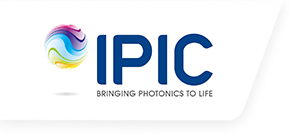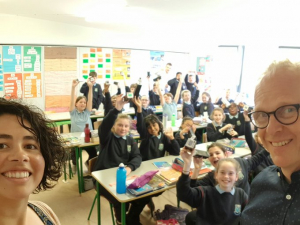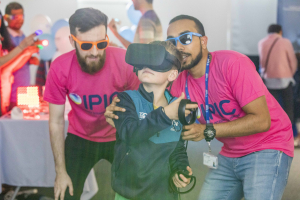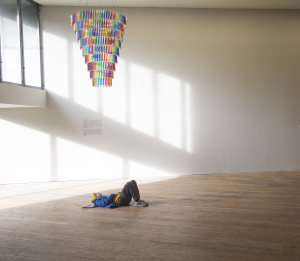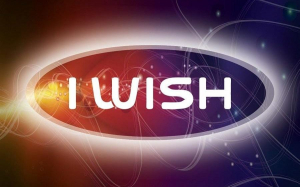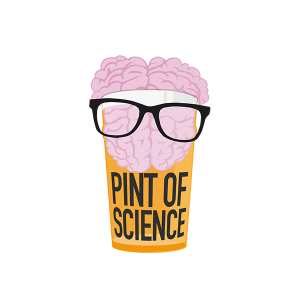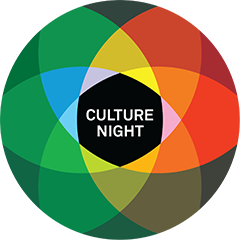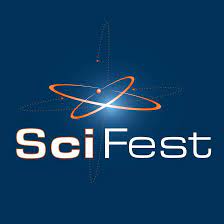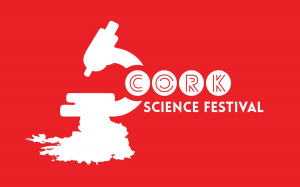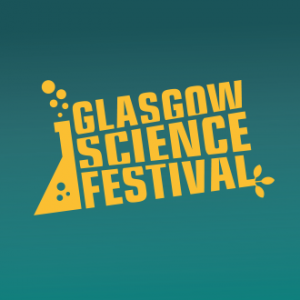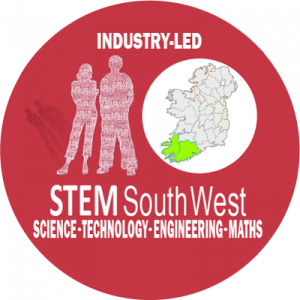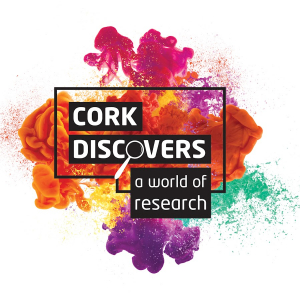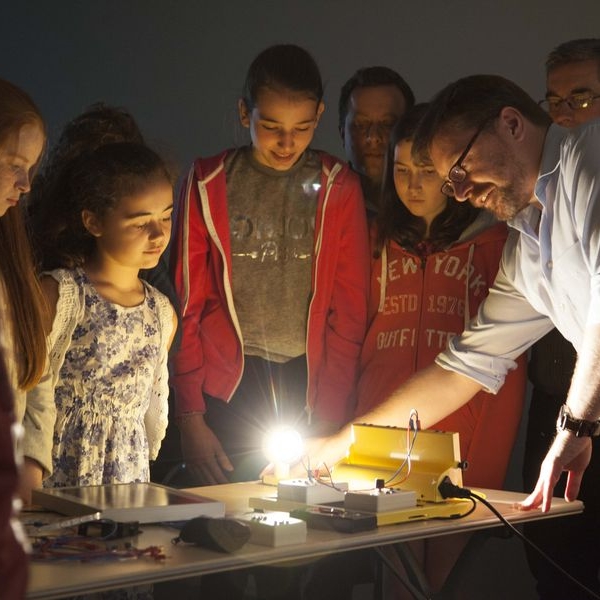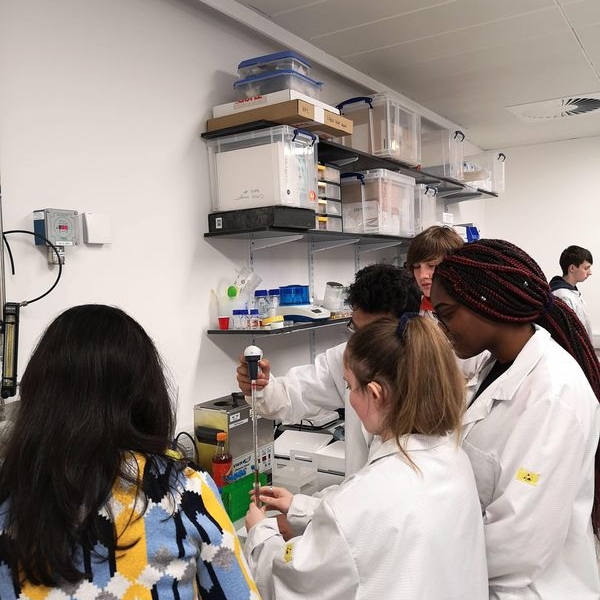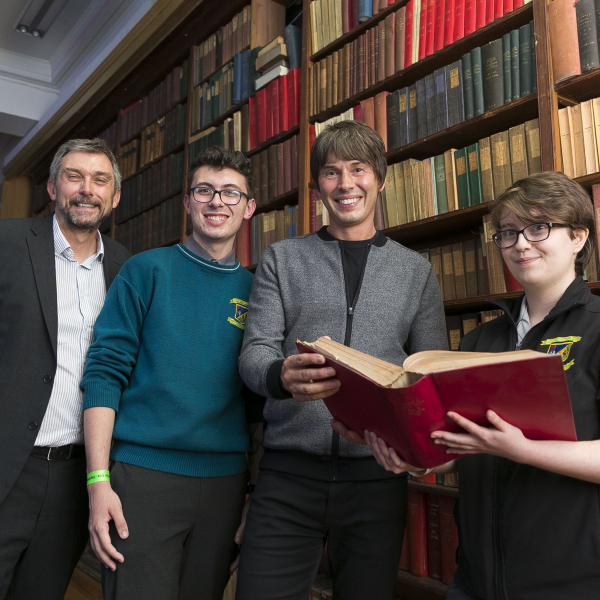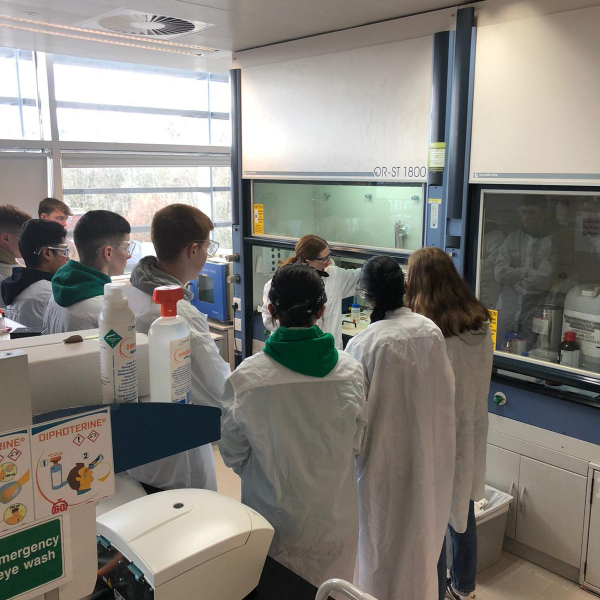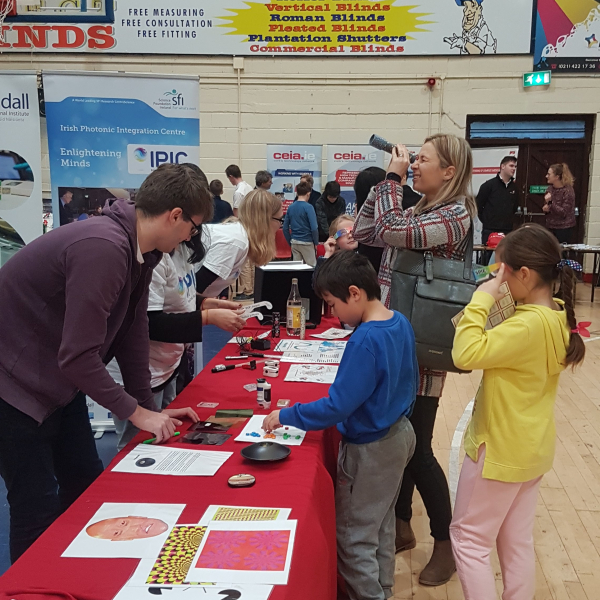What is Photonics?
Photonics is the science and technology of generating, controlling and detecting light. Photonics research uses a part of the Electromagnetic Spectrum, from ultraviolet (UV) light, visible light and infrared (IR) light. This means you can see some photonic technologies with your eyes but other technologies are invisible to the human eye. Photonics can be found in every part of our daily lives from lighting our homes, to medical devices, to communications.
Education Programme
Training the Future of Photonics Researchers
IPIC conduct a range of in-classroom, lab based and virtual interactions. IPIC’s education programme starts from an early age by introducing young students to the wonders of light, leading to highlighting career opportunities and finally giving research experience to undergraduate students.
Public Programme
Bringing Photonics Into Your Everyday
The 2020 Science in Ireland Barometer by Science Foundation Ireland showed that 85% of respondents believe that scientists have a responsibility to share their research findings with the public. As a result IPIC aims to provide engaging activities for the public to get involved in.
Engaged Research
Creating dialogue with citizens
IPIC aims to create a two-way dialogue between IPIC researchers and the groups who will most benefit from our research. There should be mutual value gained from these interactions from both sides.
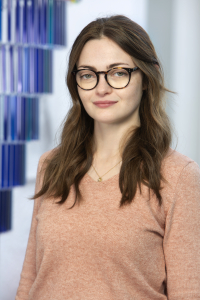
Caitríona Tyndall
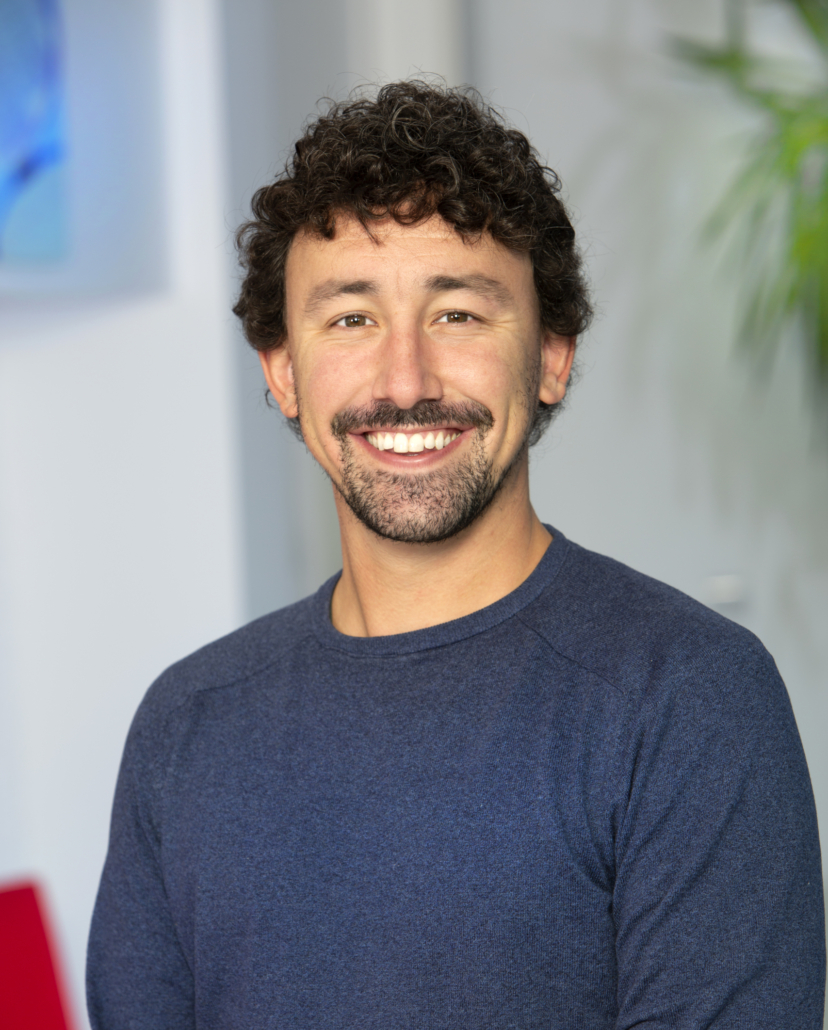
Eamonn O’Sullivan
Partner Events
Events IPIC Participate In
